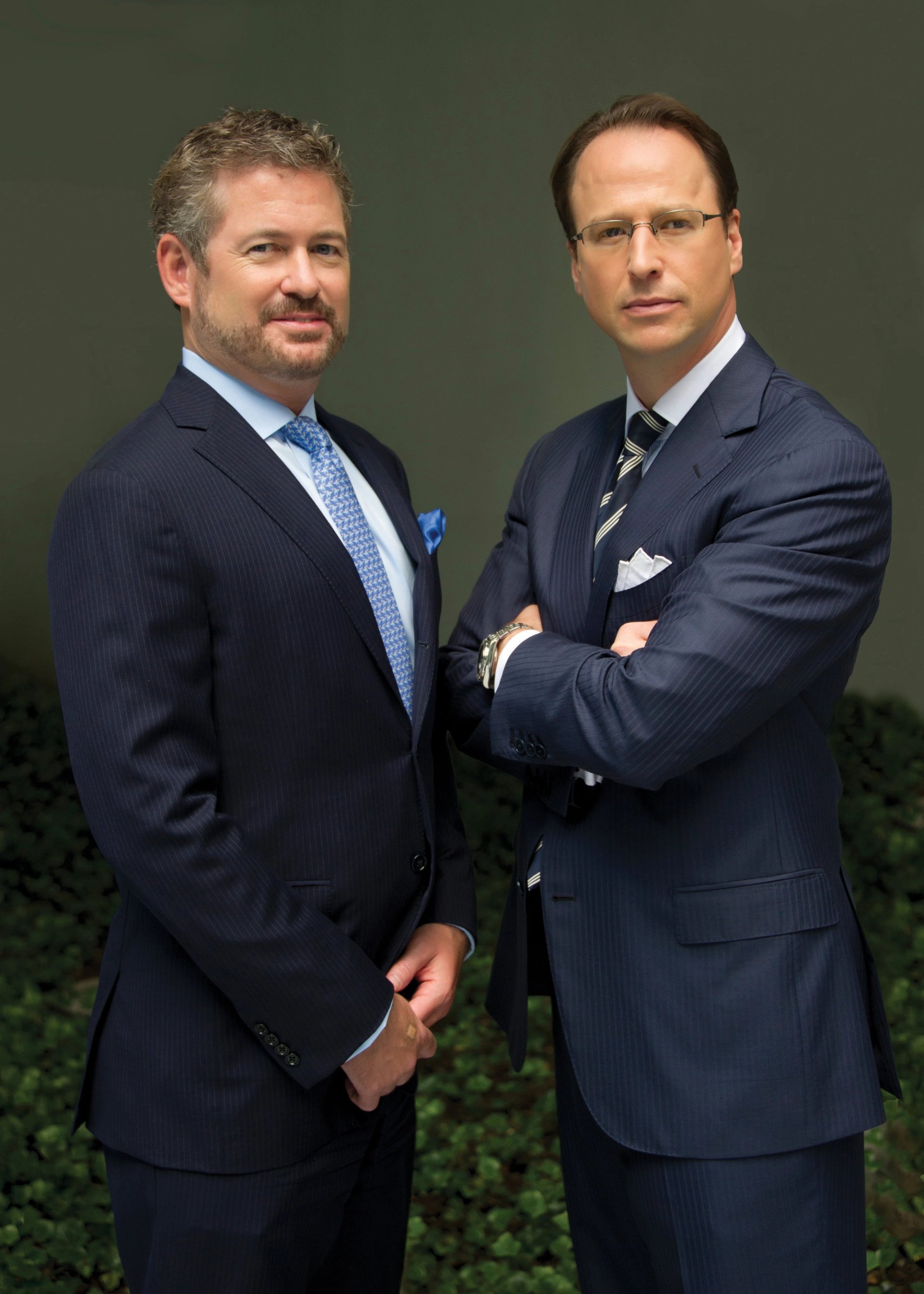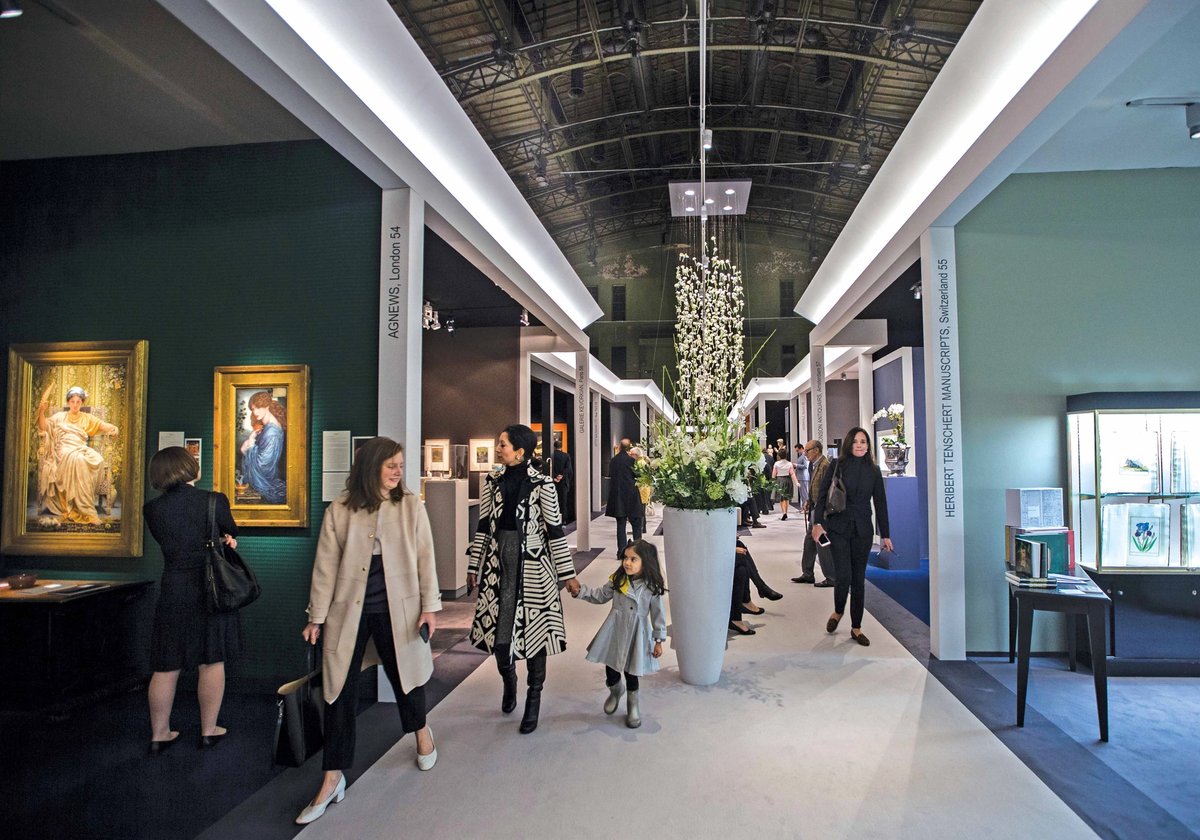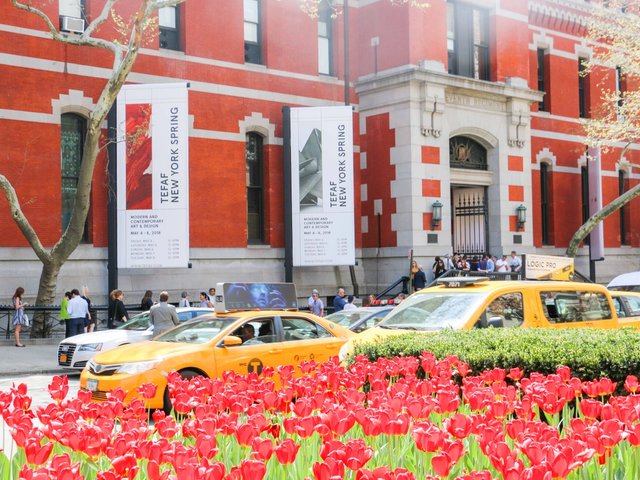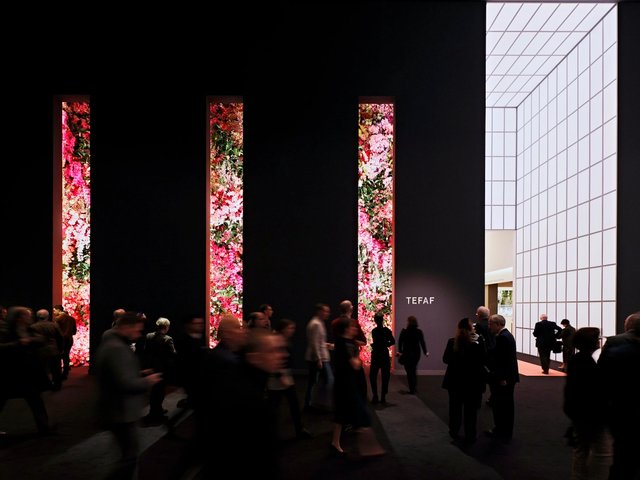The Dutch fair organiser Tefaf NL and Artvest Partners LLC, a US-based advisory firm owned by Michael Plummer and Jeff Rabin, are involved in an ongoing legal battle following the termination of a two-year contract that brought the management of Tefaf’s two New York fairs in-house last July.
According to court papers sourced by The Art Newspaper, Dutch-based Tefaf sought a declaratory judgment from the New York Supreme Court on 19 March 2018 to ensure it was under no legal obligation to employ Artvest for management services after 30 June 2018. That was the expiry date in the original agreement between Tefaf NL and Artvest that facilitated the launch of bi-annual Tefaf New York fairs in Manhattan in 2016.
In response, Artvest sought a preliminary injunction from the New York Supreme Court in April to stop Tefaf from terminating its management rights, as well as preventing Tefaf from “making any statements in any way indicating that Artvest or its principals are no longer or will no longer be involved in management of the fairs".
The Tefaf Maastricht fair in Holland (16-24 March), the pre-eminent European fair for Old Master art and antiques, has always sought more US visitors. So, the organisation launched its first New York fair in October 2016 and another more Modern-focused event in May 2017 with the help of Artvest. Both are held in the Park Avenue Armory, tenancy of which is notoriously hard to get—buying another art fair is often the only way to secure key dates at the Armory, one of the few suitable venues for a large art fair in Manhattan. Crucially, Artvest already owned existing fairs during the desired tenures in the Park Avenue Armory in October and May.
In 2016, subsidiaries of both Artvest and Tefaf NL joined together to create Tefaf NYC for the express purpose of managing the two new fairs. Plummer and Rabin supplied a value of $3m and $405,000 in cash to hold a minority stake of 49%. According to the agreement, Artvest would receive a management fee of $24,000 per month and an “annual rate of $400,000 with respect to the period commencing on 1 July 2016 and ending on 30 June 2018”, only to be extended at Tefaf’s “sole discretion”.

Artvest partners Michael Plummer (left) and Jeff Rabin Photo © Artvest Partners LLC
Plummer and Rabin, however, say that the fee for the two years was set with the expectation that the first few editions of the fair would “not be profitable" and that, "under this theory, Artvest would manage the art fairs for free" thereafter, according to the court papers. Artvest maintains that the loss of management rights will cause incalculable financial damages and to terminate the agreement, which includes a five-year non-compete clause prohibiting Artvest from engaging in any subsequent fair-related business, Tefaf must follow a prescribed buy-out procedure.
Judge Andrea Masley denied the injunction in May, ruling that the language of the original agreement is “unambiguous” and Artvest’s interpretation of it and acceptance of such terms, which obligates them to work without remuneration after two years, would be “commercially unlikely in light of [its] alleged expertise and its expectations of profits in year three”.
Artvest quickly appealed the decision. In a preliminary statement submitted to the court on 15 June, the firm’s lawyers claimed that the company would be “irreparably harmed by the deprivation of its bargained-for management and ownership rights, by the damage to its reputation, goodwill, business opportunities and relationships in the New York art market.”
Because Tefaf is a non-profit foundation while Artvest is a commercial enterprise, there has long been speculation that the financial architecture of the Maastricht fair and its profit-making US counterparts could generate a conflict of interest.
Artvest’s appeal is not a litigation play, according to Plummer, who tells The Art Newspaper that any “legal filings made by Artvest were in response to this initial action taken by Tefaf NL”, adding that both he and Rabin retain 49% ownership of Tefaf NYC, and remain as board members and co-founders of the two fairs.
A spokesman from Tefaf NL says that there are no further court proceedings at this time. Both parties confirm that they are currently in negotiations to resolve this matter without further litigation if possible.





